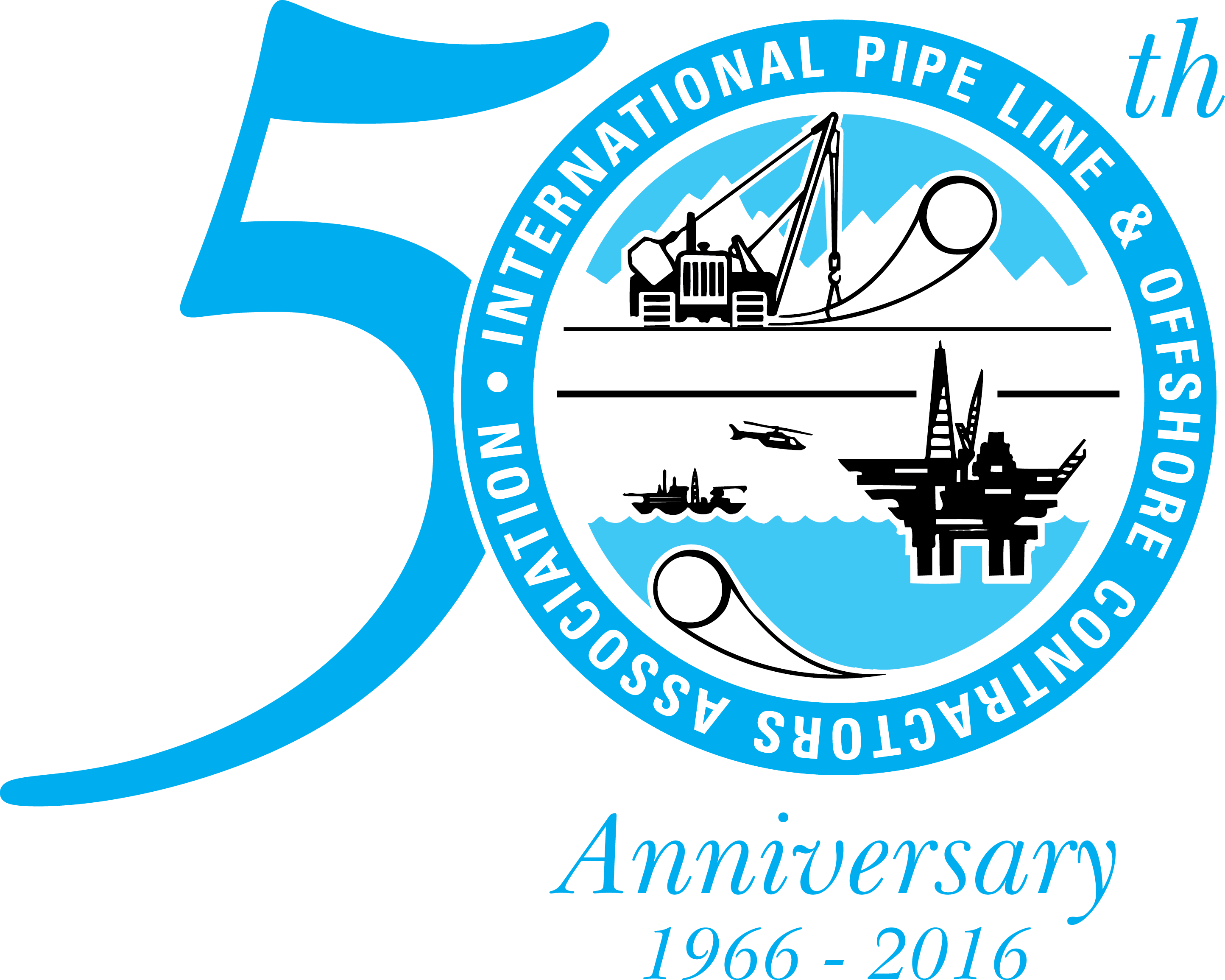August 2016, Vol. 243, No. 8
Company & Association News
IPLOCA President Atul Punj Overviews His Agenda

Atul Punj is president of the International Pipe Line & Offshore Contractors Association (IPLOCA), headquartered in Geneva, Switzerland. He is also chairman of Punj Lloyd, a diversified conglomerate providing engineering and construction services in energy and infrastructure, with interests in the defense sector. Headquartered in India, Punj Lloyd is a US$1.12 billion organization with operations spread across the Middle East, the Caspian, Asia Pacific, Africa, South Asia, China and Europe.
Punj’s global vision for the Group led him to cross boundaries and establish international offices in 23 countries and gain project experience worldwide. The 7,000 strong multicultural workforce underlines his focused approach to harness diversity within the organization. As many as 21 nationalities form an integral part of the workforce at the company’s various project sites.
Through a combination of strategic acquisitions and joint ventures, he led Punj Lloyd to enhance its scale and competitive position to acquire a leadership position in the industry with an impressive list of international and national clients. The Group is globally listed in ENR Ranking of Top 225 International Contractors, Top 225 Global Contractors and Top 200 Design Firms.
Atul Punj is based in New Delhi and is involved with many trade bodies. With his experience of global geographies and energy businesses, he represents India at various international forums. Atul Punj is chairman of CII National Committee on Construction and a member of the CII National Council.
He recently outlined his goals for P&GJ regarding his priorities for IPLOCA and its members today and into the future.
Q. What is your top priority as president of IPLOCA?
Punj: IPLOCA is a 50 year old institution which has carried out a huge amount of work in the pipeline industry. As president of IPLOCA, I would like to create a roadmap for IPLOCA’s journey for the next 50 years! This requires deliberations with the association’s members and the board to revisit the industry’s needs and map out a wish list for the years to come.
Q. How many members does IPLOCA have and how many countries are they from?
Punj: We have some 240 member companies from as many as 40 countries. There are various categories for members including Regular Members, Associate Members, Corresponding Members, Academic Members and Honorary Members.
Q. What do IPLOCA members express as their greatest concerns?
Punj: Fair and equitable contract conditions remain the foremost and greatest concern for the industry today. As president, I am also confident that the association can play a significant role in addressing these issues collectively.
Q. What impact do you expect in onshore and offshore pipeline construction infrastructure development as a result of low oil and gas prices?
Punj: The last year has seen several oil and gas companies holding back their investments in infrastructure development, barring a few which took the plunge, having already allocated budgets for the same. As a result there is a slowdown.
Q. What steps are business owners taking to cut costs?
Punj: Most owners have held back future investments.
Q. What progress has been made on IPLOCA’s Safety Initiatives?
Punj: The association’s prime objective is to ensure safe working globally and the elimination of fatalities. The HSE Committee encourages the use of Key Performance Indicators – the Total Recordable Incident Rate (TRIR), per million hours, of below 1 and zero fatalities by 2020. All member companies are required to submit their annual health and safety statistics to IPLOCA, such that aggregate statistics for the industry can be monitored.
Q. What are some of the actions member companies are taking to reduce accidents?
Punj: As an association we play a three-fold role in prompting the member companies to ensure high standards of safety. The first simply being increased awareness about safety. The second being a mandatory requirement for member companies to provide their safety statistics. The third is shared learning through newsletters, technical sessions, meetings and various IPLOCA events. This collective reinforcement has led to most companies intensifying their focus on safety through vigorous audits, identification of high-potential incidents and in striving to achieve safe man-hours (without loss time injury).
Q. How are IPLOCa members dealing with cybersecurity?
Punj: This has not been a focus area of IPLOCA to date, however, as risks related to the companies in this area increase, it is expected to become a higher priority.
Q. At the end of your term as IPLOCA President, how will you measure success?
Punj: If the collective concerns of the industry have been resolved to a large extent to allow for fair and equitable contract conditions, we would have reached an ideal working environment for the industry. We already have many companies following best practices, adopting superior technology and ensuring seamless delivery.





Comments